I have the following test WebAPI code, I don't use WebAPI in production but I made this because of a discussion I had on this question: WebAPI Async question
Anyways, here's the offending WebAPI method:
public async Task<string> Get(int id)
{
var x = HttpContext.Current;
if (x == null)
{
// not thrown
throw new ArgumentException("HttpContext.Current is null");
}
await Task.Run(() => { Task.Delay(500); id = 3; });
x = HttpContext.Current;
if (x == null)
{
// thrown
throw new ArgumentException("HttpContext.Current is null");
}
return "value";
}
I had hereto believed that the second exception is expected because when the await completes, it will likely be on a different thread where HttpContext.Current as a thread-static variable will no longer resolve to the appropriate value. Now, based on the synchronization context, it could actually be forced to go back to the same thread after the await but I'm not doing anything fancy in my test. This is just a plain, naive use of await.
In comments in another question I was told that HttpContext.Current should resolve after an await. There's even another comment on this question indicating the same. So what's true? Should it resolve? I think no, but I want an authoritative answer on this because async and await is new enough that I can't find anything definitive.
TL;DR: Is HttpContext.Current potentially null after an await?



